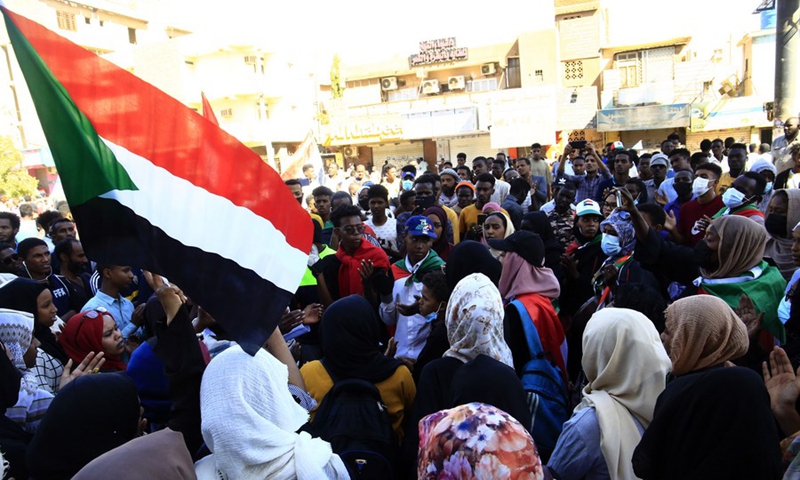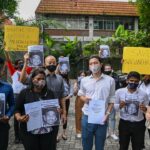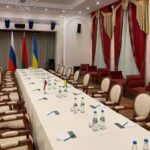Functioning government has not been in place since 2021 military coup
The top UN envoy for Sudan warned Monday that the country may risk sliding into an economic and security collapse and a worse humanitarian crisis.
“The stakes are high. The aspirations of Sudanese women and men for a prosperous, civilian-led, democratic future are at risk. Unless the current trajectory is corrected, the country will head toward an economic and security collapse, and significant humanitarian suffering,” said Volker Perthes, UN secretary-general’s special representative and head of the UN Integrated Transition Assistance Mission in Sudan (UNITAMS).
All Sudanese stakeholders will, therefore, need to be prepared to make compromises in the interests of the people, for stability and prosperity, he told the Security Council in a briefing.
Sudan has been without a functioning government since the military takeover in October 2021. In the absence of a political agreement to return to an accepted transitional path, the economic, humanitarian and security situation is deteriorating, he said.
“Time is not on Sudan’s side, and I speak to you today with a sense of urgency, which is also increasingly felt by Sudanese stakeholders concerned about the stability and the very existence of their country,” said Perthes in a statement.
On March 7, the country’s central bank announced the floating of the currency. In the following three weeks, the value of the Sudanese pound has fallen by over 45 percent against the US dollar. At the same time, there have been dramatic price increases for bread, fuel, electricity, medicine, healthcare and public transport, he said.
Sudan also risks losing out on billions of external support as disbursements from the World Bank, the International Monetary Fund and other major donors have been paused, and will continue to be paused as long as no functional government is in place. No foreign investment is coming in and exports have dwindled, he noted.
In the absence of a political solution to the crisis, the security situation has also worsened across the country. Crime and lawlessness are on the rise, and intercommunal conflicts in Darfur have intensified. Farmers have been dispossessed of their land through violent attacks, assets looted, and villages burnt. Women from all parts of the country report deepening concerns for their own safety, even in broad daylight, said Perthes.
The United Nations, the African Union (AU) and the Intergovernmental Authority on Development (IGAD) have agreed to join efforts to facilitate an inclusive, Sudanese-owned and Sudanese-led political process, focusing on a limited number of urgent priorities required to address the current crisis and restore constitutional order, said Perthes.
Sudanese citizens demonstrate on the street in Khartoum, Sudan, on Dec. 30, 2021.(Photo: Xinhua)




